Deionisation is a process that’s been used in industrial water treatment for several decades. Effective for the removal of minerals, deionisation employs ion exchange to ensure the removal of contaminants. A positively-charged anion resin attracts the negative contaminant ions, whilst the negatively-charged cation resin removes the positively-charged contaminants.
Before choosing any water deionisation system for your facility, however, there are a few things to keep in mind.






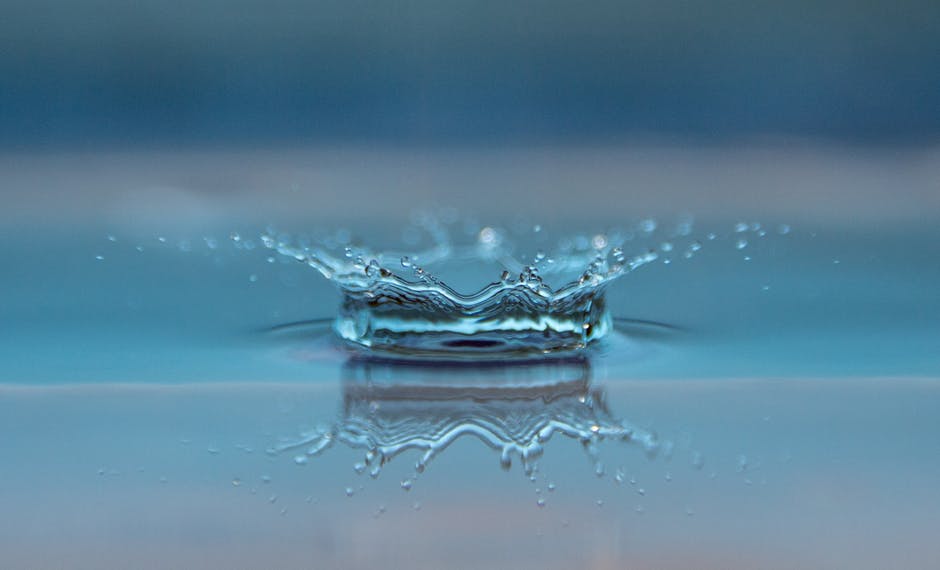
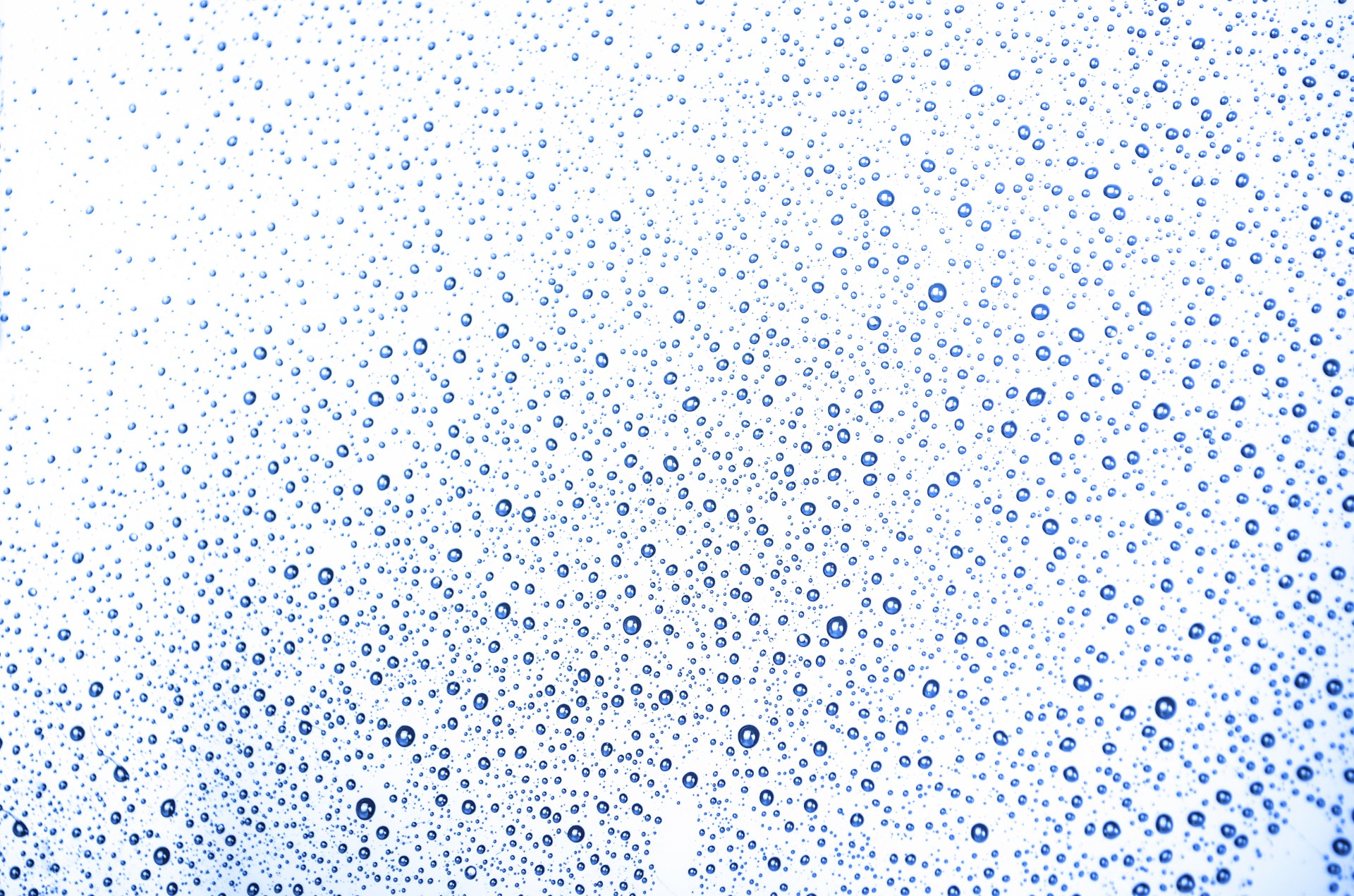
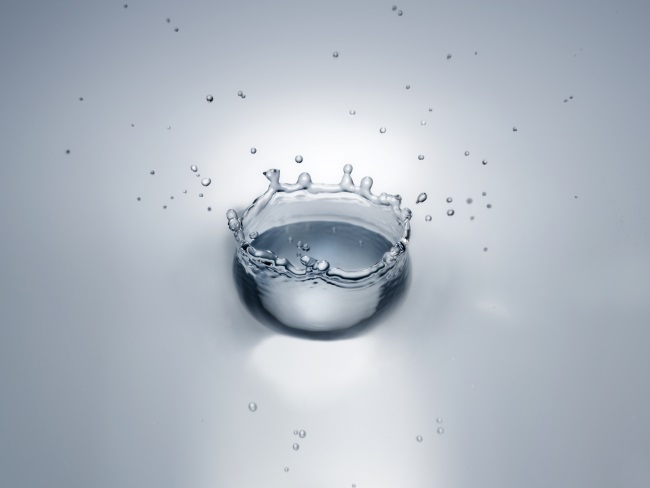
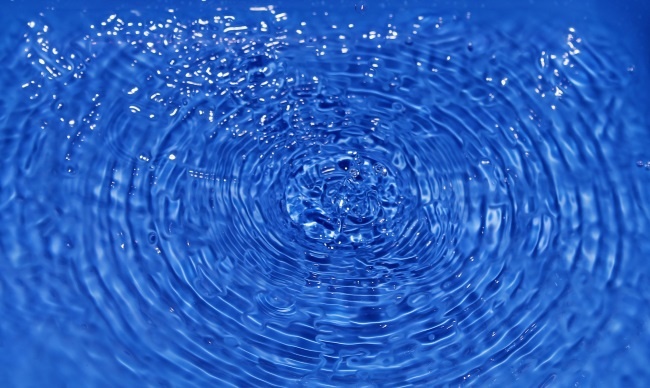
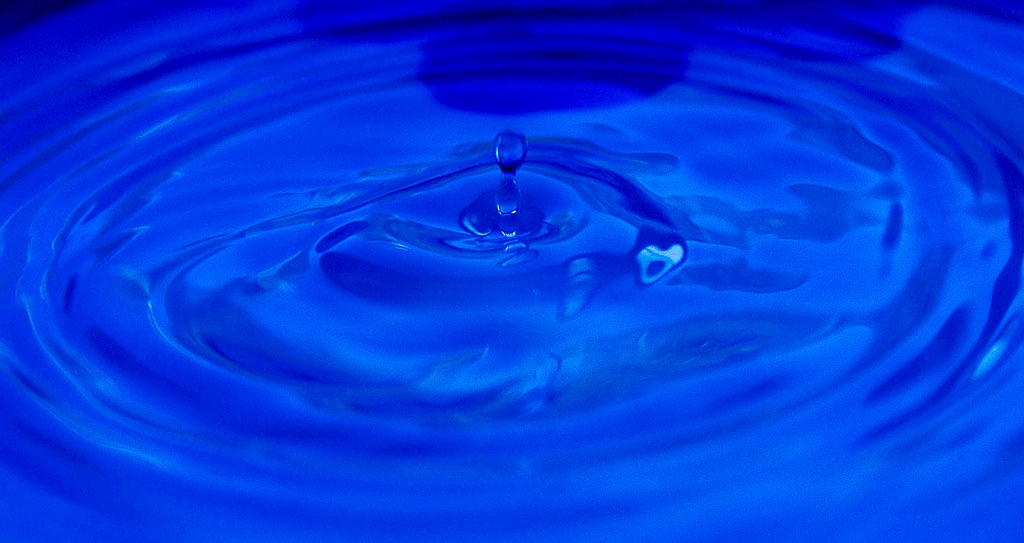
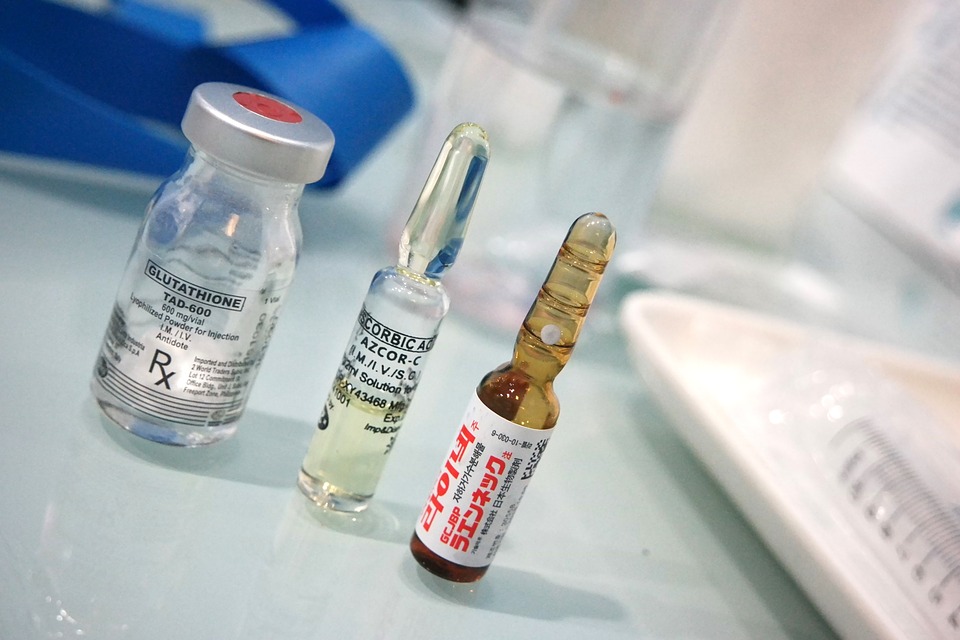
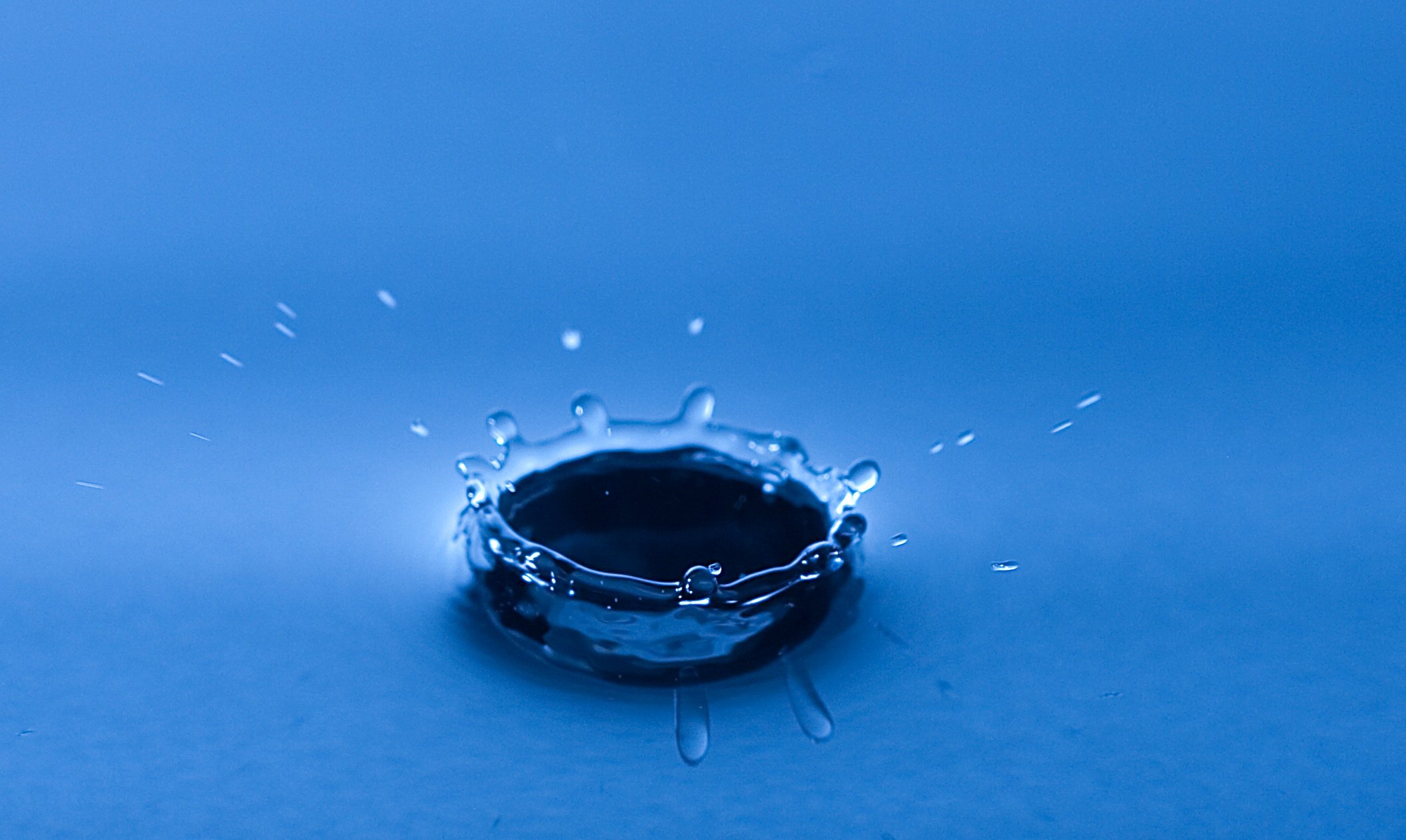

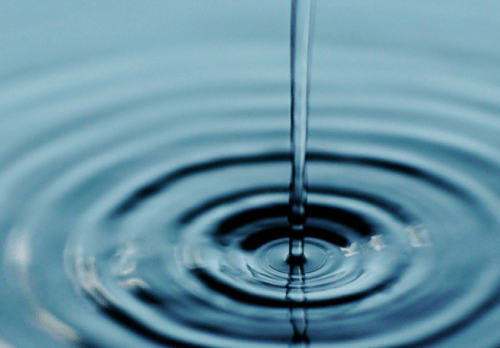
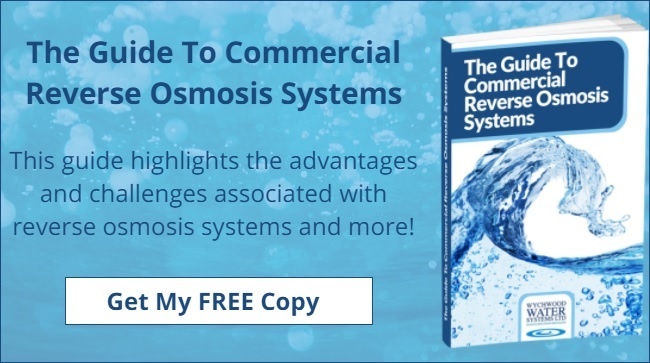

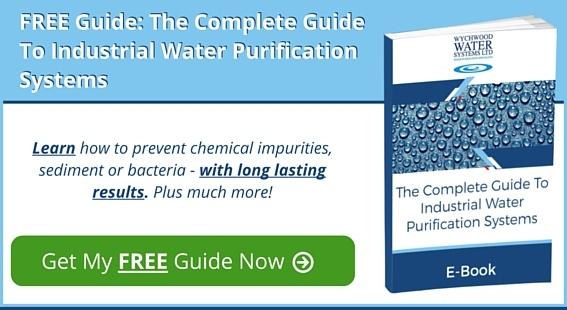
 We are a specialist independent company involved in water purification and water treatment technologies
We are a specialist independent company involved in water purification and water treatment technologies


